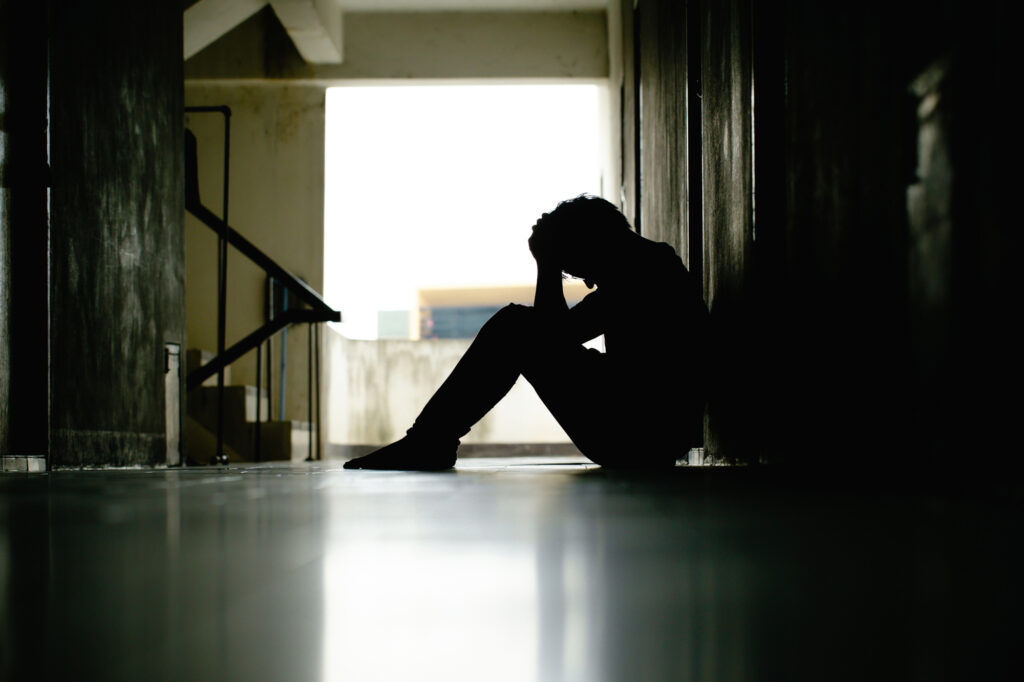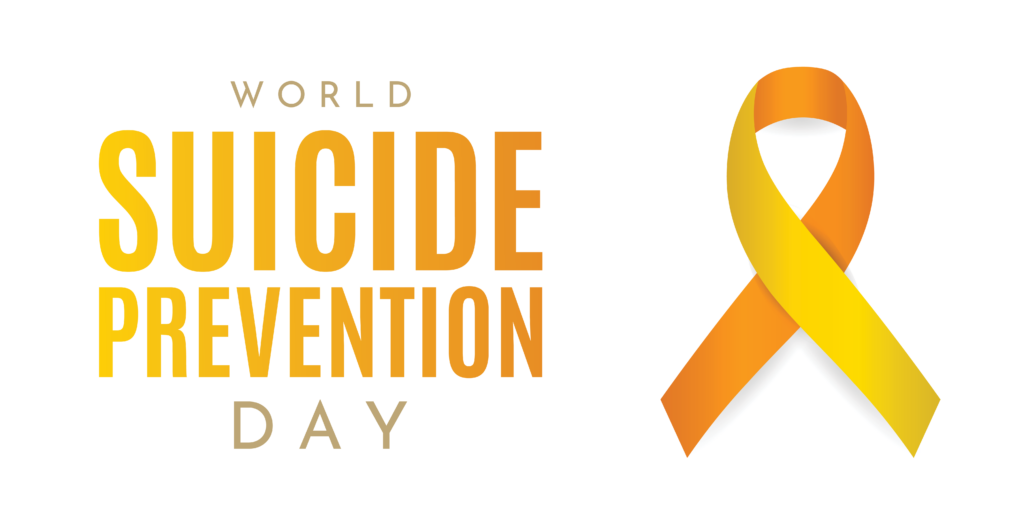For parents, the thought of their teen struggling with suicidal thoughts is heartbreaking and terrifying. It can also leave parents unsure of how to meet their children’s needs, and even how to recognize the warning signs. Since adolescence is such a challenging time, filled with emotional highs and lows, it can be difficult to differentiate between typical teenage behavior and warnings of a more serious problem.
As a parent, it’s natural to feel concerned if your teen seems unusually withdrawn, sad, or stressed. Recognizing the signs of suicidal thoughts and knowing how to respond can make all the difference in protecting your child. Suicide Awareness Day provides an essential reminder that with the right awareness and support, parents can play a vital role in helping their teens navigate through these tough times.
If you or a loved one is experiencing suicidal thoughts, the time to take action is now. Evolve Adolescent Behavioral Health has a wide variety of treatment options to support those who are struggling. In the event of an emergency, call 911 or text 988 for the Suicide and Crisis Lifeline.

The Origins of Suicide Awareness Day
Suicide Awareness Day, also known as World Suicide Prevention Day, was first established in 2003 by the International Association for Suicide Prevention (IASP) in collaboration with the World Health Organization (WHO). The day aims to raise awareness about suicide, reduce the stigma surrounding it, and encourage proactive steps to prevent suicide on a global scale. Suicide is a highly complex issue with psychological, social, cultural, and environmental factors contributing to it. Suicide Awareness Day serves as a reminder that through understanding, outreach, and support, we can help prevent the tragedy of suicide.

What to Do If You’re Concerned Someone in Your Life Is Suicidal

If you suspect your teen or someone you know is contemplating suicide, it’s crucial to act quickly and sensitively. Here are steps parents and other loved ones can take:
- Recognize the Warning Signs: People who are suicidal often show warning signs such as talking about wanting to die, expressing hopelessness, withdrawing from social activities, giving away belongings, and exhibiting extreme mood swings. Take any talk of suicide seriously, even if it seems casual or indirect.
- Have an Open Conversation: Approach your teen with care and concern. Let them know you’re there for them and willing to listen. Use open-ended questions and avoid judgmental language. You might say something like, “I’ve noticed you’ve been down lately, and I’m really worried about you. Do you want to talk about what’s going on?”
- Encourage Professional Help: Seek help from a mental health professional, such as Evolve Adolescent Behavioral Health. Professional intervention can make a significant difference. There are a wide variety of treatment options for those experiencing suicidal thoughts, with both inpatient and outpatient programs designed to accommodate a variety of patient needs.
- Remove Immediate Dangers: If you believe your teen is in immediate danger of harming themselves, do not leave them alone. Remove any means they might use to harm themselves, such as firearms, sharp objects, or medications, and call emergency services.
- Stay Connected: Continue to check in with your teen regularly. Your ongoing support can be a lifeline during their recovery process.
Suicidal Depression Can Be Treated

Suicidal thoughts often stem from underlying mental health conditions such as depression. The good news is that depression and suicidal ideation are treatable with the right approach. Treatment typically involves a combination of psychotherapy, medication, and lifestyle changes.
- Residential treatment: Programs like Evolve Adolescent Behavioral Health can provide the intensive support needed to help those in crisis to stay safe and get back on their feet.
- Psychotherapy: Dialectical Behavioral Therapy (DBT) and other therapeutic approaches can help individuals challenge negative thought patterns and develop coping strategies.
- Medication: Antidepressants and other medications prescribed by a healthcare provider can help manage the symptoms of depression. It’s important to follow a doctor’s guidance and communicate any concerns about side effects.
- Support Systems: Building a strong support network of friends, family, and mental health professionals is crucial in the recovery process. Support groups can also provide a sense of community and understanding.
Suicide Awareness Day is a reminder that suicidal ideation can afflict anybody. Treatment is a journey that requires time, patience, and persistence, but with the right support, recovery is possible. If you are concerned your teenager is suicidal, contact Evolve Adolescent Behavioral Health immediately. We’ll tell you everything you need to know about our supportive programs, which include 24/7 onsite living, intensive outpatient treatment, Dialectical Behavioral Therapy (DBT), and more. Having a teenager who is struggling with suicidal depression is scary, but you’re not in this alone.
FAQs
Q: What are the most common warning signs of suicide?
A: Common warning signs include talking about wanting to die, feelings of hopelessness, withdrawing from others, drastic mood changes, and giving away personal items.
Q: How should I respond if my teen tells me they’re thinking about suicide?
A: Stay calm, listen without judgment, express your concern, and help them seek professional support. If they are in immediate danger, stay with them and call emergency services.
Q: Where can I find resources for someone struggling with suicidal thoughts?
A: Evolve Adolescent Behavioral Health offers a variety of supportive services to help teens with a variety of needs, concerns, and family situations. Additionally, national suicide prevention hotlines, mental health organizations, and local crisis centers are valuable resources.
































































